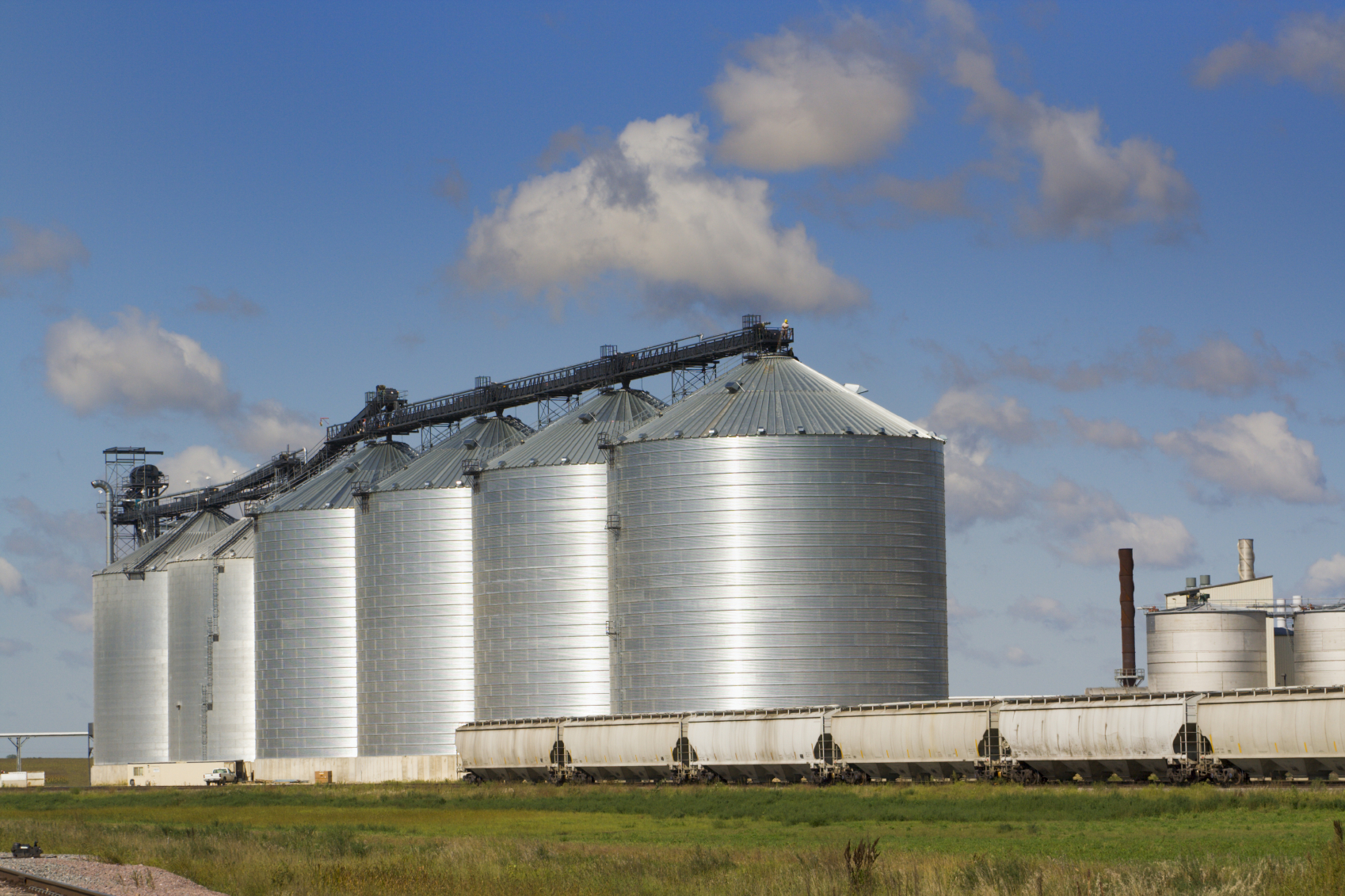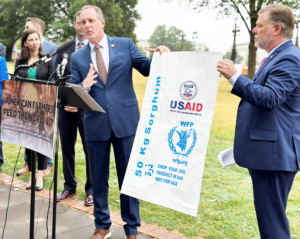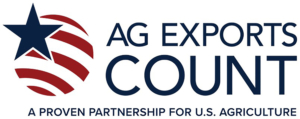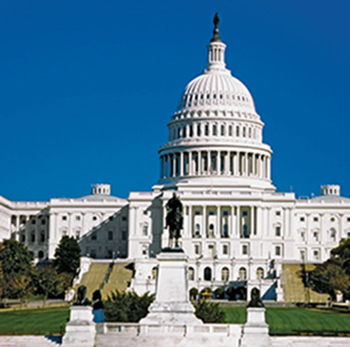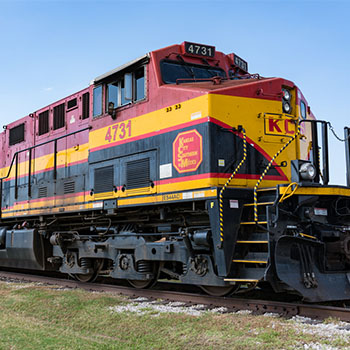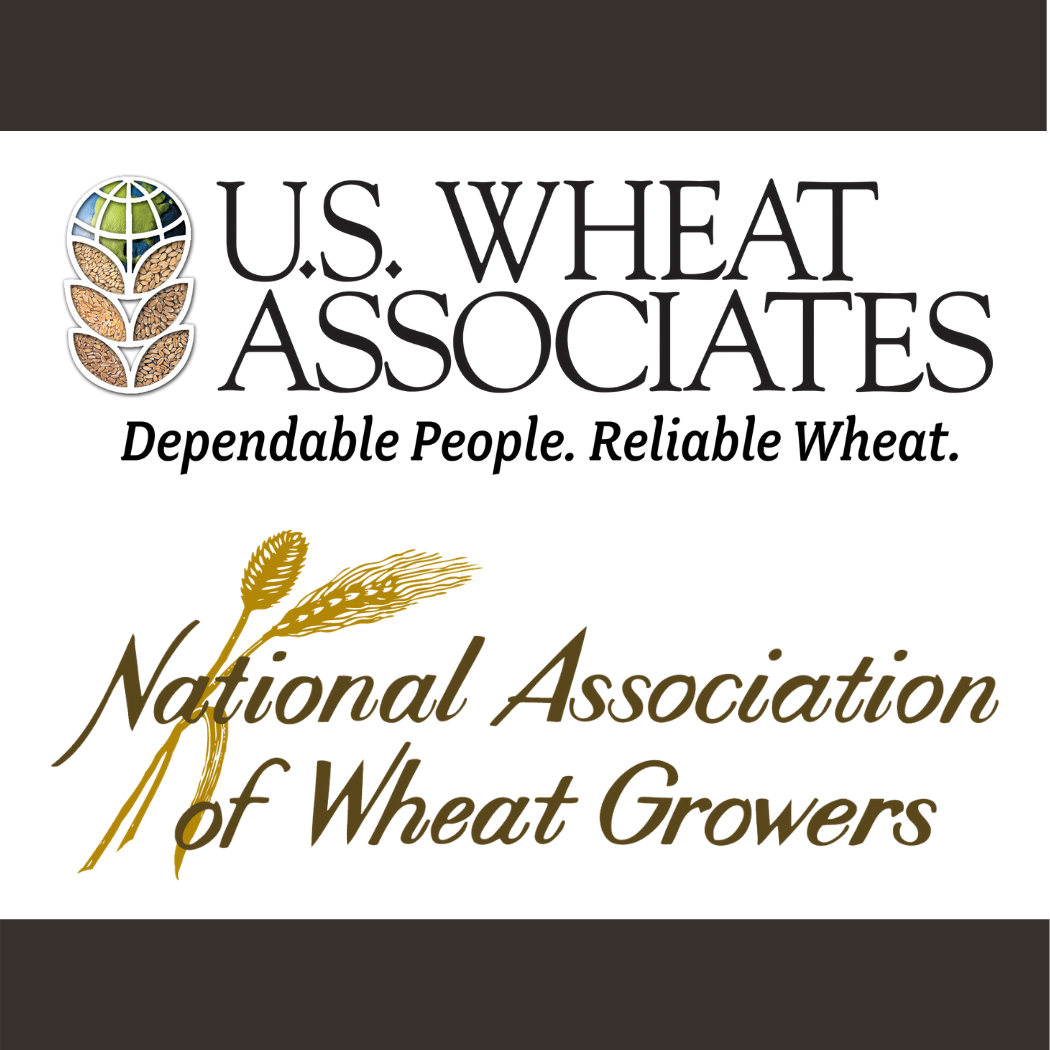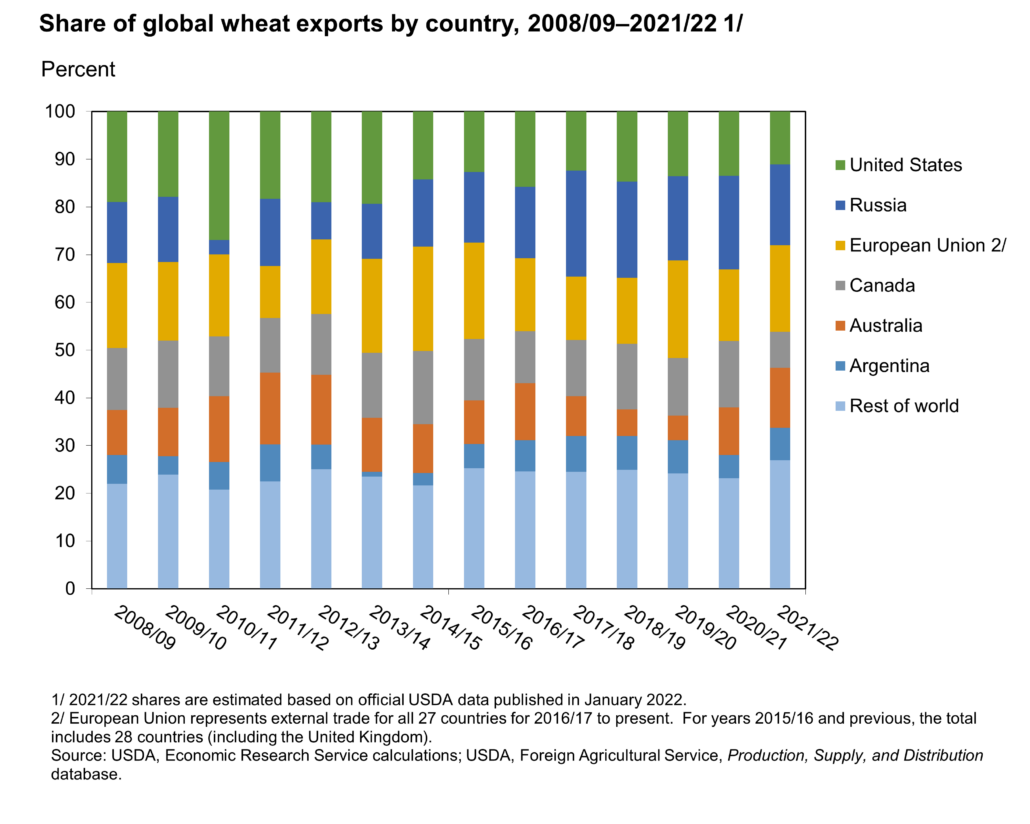ARLINGTON, Virginia — (April 18, 2024) –
U.S. Wheat Associates (USW) and the National Association of Wheat Growers (NAWG) are pleased that U.S. wheat farmers can help increase global food assistance under a new U.S. Department of Agriculture (USDA) funding program announced today.
USDA and the U.S. Agency for International Development (USAID) will invest $1 billion in Commodity Credit Corporation funding to provide for the purchase, shipment and distribution of U.S. wheat and other commodities for USAID international food assistance programming.
“American wheat farmers are proud to step up to the plate to provide critical food resources to address global needs,” Oklahoma wheat farmer and USW Chairman Michael Peters said. “This funding will provide wheat and other commodities to address food insecurity. These additional resources will help the U.S. wheat industry, and U.S. agriculture, continue to be a reliable source of food for the world.”
USW and NAWG thank Secretary of Agriculture Tom Vilsack for releasing the new funds that will directly benefit U.S. wheat farmers and people affected by hunger in several countries. Additionally, the organizations thank Senators Debbie Stabenow (D-MI) and John Boozman (R-AR) for a letter they sent to Vilsack this past fall formally requesting additional support for food assistance.
U.S. wheat farmers have been partners in U.S. food assistance programs for more than 70 years and take pride in sharing their harvest to address critical hunger needs. Through the USDA’s Food for Progress and USAID Food for Peace programs, the American people have donated more than one million metric tons of wheat annually for the past three years.
“Additional funding for food assistance programs will help address the most urgent humanitarian needs in a generation. USW and NAWG look forward to working with USDA and other partners to ensure additional food donations generate the significant benefits where they are needed,” said NAWG President Keeff Felty. “As NAWG works with Congress to reauthorize the Farm Bill, we continue to advocate for strengthening the in-kind commodity donation program and additional investments in the existing trade promotion programs.”
Members of the USW and NAWG Food Aid Working Group are proud of the wheat provided through these food aid programs and believe that commodity donation is an effective portion of the whole effort.
“Wheat makes up the largest portion of emergency food assistance managed by USAID’s Food for Peace office,” said Amanda Hoey, Chief Executive Officer, Oregon Wheat Commission and Chair of the USW Food Aid Working Group. “It is a natural demonstration of the generosity of U.S. farmers and their ability to produce an abundance of commodities that can be shared around the world.”
For more information about food security and assistance, visit the USW website here, and the NAWG website here.


